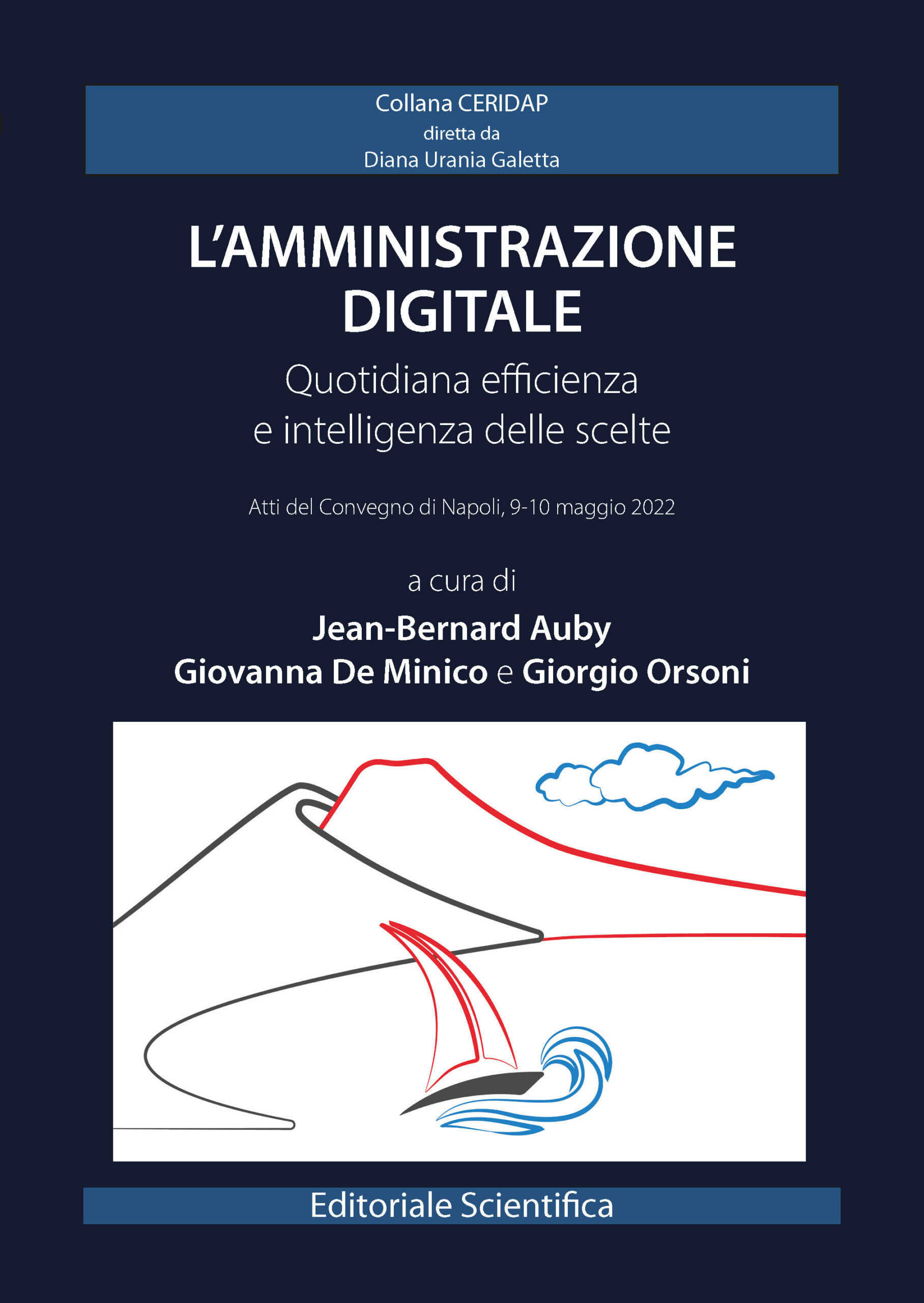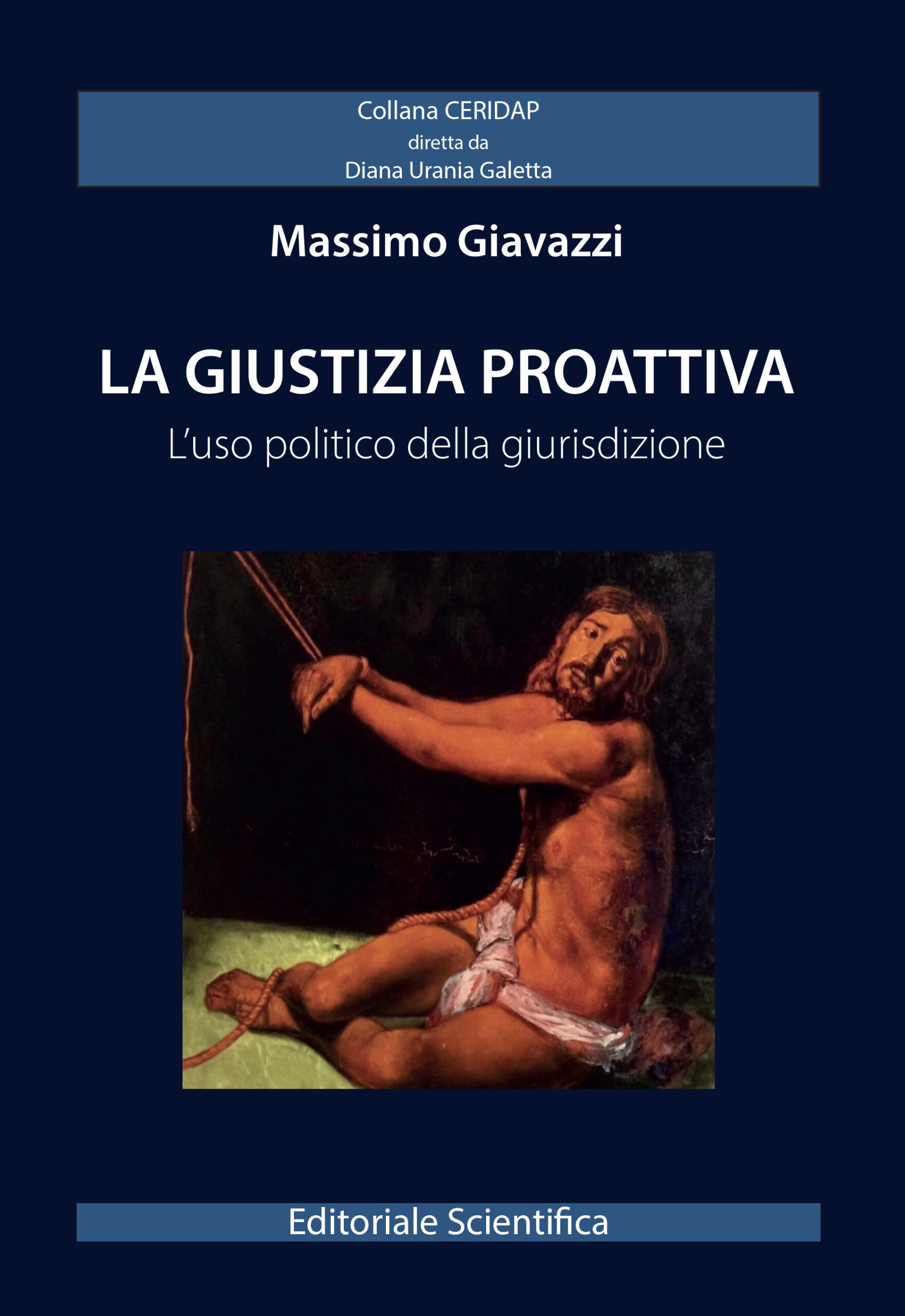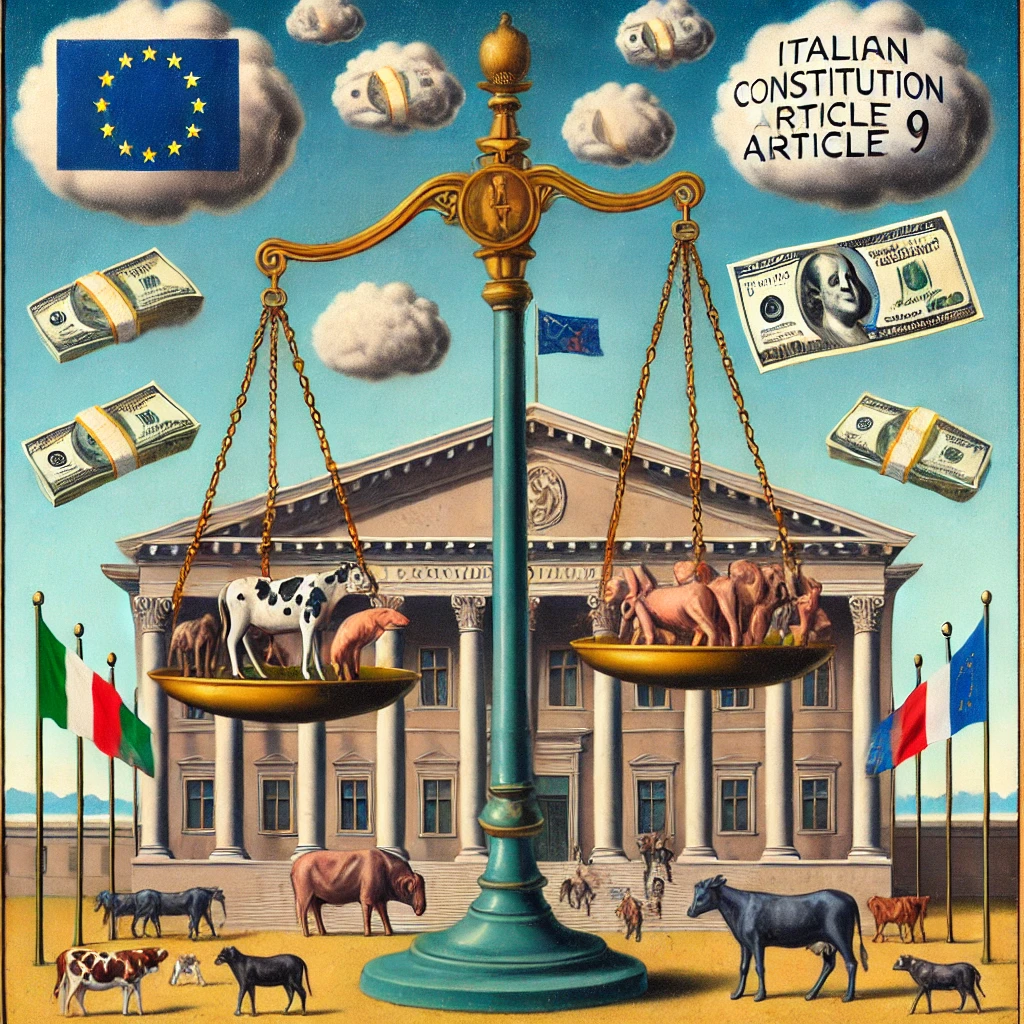In the spotlight

Sala Seminari Dipartimento di Diritto Pubblico Unimi & Microsoft Teams
Università degli Studi di Milano, via Festa del Perdono 3; Blended mode

In relation to an administrative sanction imposed on Google for gambling advertisements on YouTube, the Council of State raises two preliminary questions to the Court of Justice with the reported ordinance, pertaining to the subjective and objective scope of the 'facilitated' liability regime for hosting providers under Article 14 of the so-called E-Commerce Directive (Directive 2000/31/EC).
Autorità per le garanzie nelle comunicazioni, Giochi d’azzardo, Rinvio pregiudizialeThe Court has ruled that the provisions of articles 1, paragraph 2, letter f) and 7, paragraph 2, letter d), of Legislative decree n. 39/2013 are unconstitutional, in so far as they do not allow the appointment of director of a private-law entity - which is subject to public control by a province, a municipality with a population of more than 15000 inhabitants or a form of association between municipalities with the same population - in favour of those who, in the previous year, have held the office of Chairman or Chief Executive Officer of private-law entities controlled by local government.
giudizio di legittimità, incarichi pubblici, Società a partecipazione pubblica
The Italian judicial system may be about to make a historic transition: from the mere digitalization of its documents to a judicial activity shaped by the possibilities that digital technology offers, including the use of artificial intelligence techniques in the performance of the judicial function. This contribution offers a summary of the research carried out by the Authors, as members of the research group of the IUSS Pavia, within the NEXT GEN UPP project, launched in 2021 by the Italian Ministry of Justice with the aim of enhancing the digitalization of judicial activities, improving organizational processes and promoting the application of Legal Analytics (LA) tools to legal texts. The activity described in the essay concerns the design of “next-generation templates” functional for the drafting of acts by judges and lawyers: templates capable of maximizing the efficiency of judicial activities and creating an IT environment suitable for the use of the most advanced artificial intelligence technologies.
Read More
The paper investigates the Italian legal framework regarding cybersecurity public procurement. First, the rules introduced by the (Italian) 2023 Public Procurement Code are explored. Secondly, the residual legal framework is examined: both the general one applicable to all public administration (including within the [Italian] National Cybersecurity Perimeter), and the special one intended for tendering procedures launched by the (Italian) National Cybersecurity Agency. The necessary role of public actors in promoting and disseminating cybersecurity culture is highlighted.
Read More

The concept of prospective overruling was developed in the United States nearly a century ago as a means to liberate the interpretation of legal norms from the constraint of stare decisis and allow the rule of law to evolve with changing social principles, without compromising legal certainty. Proactive jurisprudence defines this strategy, which is appropriate in our system as long as it is implemented according to the principle of proportionality. Thus, the refusal of judicial interpretation's natural retroactivity must be appropriate, necessary, and sufficient to protect those who relied on established jurisprudence and risk being unfairly (though legally) affected by the unpredictable rule interpretation change.
Publication details
This article starts with the question of who publishes academic journals today, then briefly analyses how the range of such journals has changed during the last two decades. The article concludes that investment is necessary to support publishing initiatives of open access diamond journals carried out by members of the academic community in public universities.
Read More
The article highlights how public contracts are a crucial variable for the future of the government administration but at the same time represent a great challenge due to their complexity of the subject and the difficulty of in regulating them it in a simple yet effective way. The text article focuses on the many interests that the public administration has to consider when awarding contracts and how the new procurement Aact tries to combine a more streamlined discipline approach with the pursuit of the objectives of legality and transparency. The difficulty of achieving this goal can be seen is testified byin the recent experience of the UK legal system, which after Brexit is in the process of adopting a reform of public contract law that, despite the declared political intentions, still has many aspects in common with European and continental law.
Read More
Since the early years of the European Coal and Steel Community, the system of government of the Communities and then of the European Union has been comparable to a dual parliamentary system. The European Commission needs a relationship of trust with both the Council (or European Council) and the European Parliament. Neither the importance of the European Council nor that of the European Parliament should be underestimated if the Union’s main institutions are to function smoothly.
Read More
The article analyses the conditions of lawfulness of the processing of personal data applicable to public administration in the exercise of their functions, in light of European and national legislation. The contribution suggests that the Italian legislation may not be compatible with European law. The Italian approach is to authorise the processing and exchange of personal data between public authorities whenever necessary for the pursuit of institutional purposes. By contrast, EU law requires a criterion of proportionality between the processing of data and the public purposes pursued.
Read More
Section III of the Council of State, in an order of July 2023, states that article 9 of the Constitution, as amended, has effectively included the protection of animals among the so-called ‘supreme principles’; consequently, animal’s interests (and in particular their loss of life) can be affected only following a rigorous evaluation of the necessity and proportionality of the measure to be adopted, in particular when the human interest at stake is purely economic.
Read More
Starting from the issues related to the development of “robotics”, the paper explains how decision-making with AI poses problems across disciplines and law can provide the right coordinates to navigate the challenges. “Law” can be called upon to “justify, regulate, and direct the courses of action” when Artificial Intelligence is implemented as a decision-making instrument that impacts a variety of facets of individual coexistence.
Read More